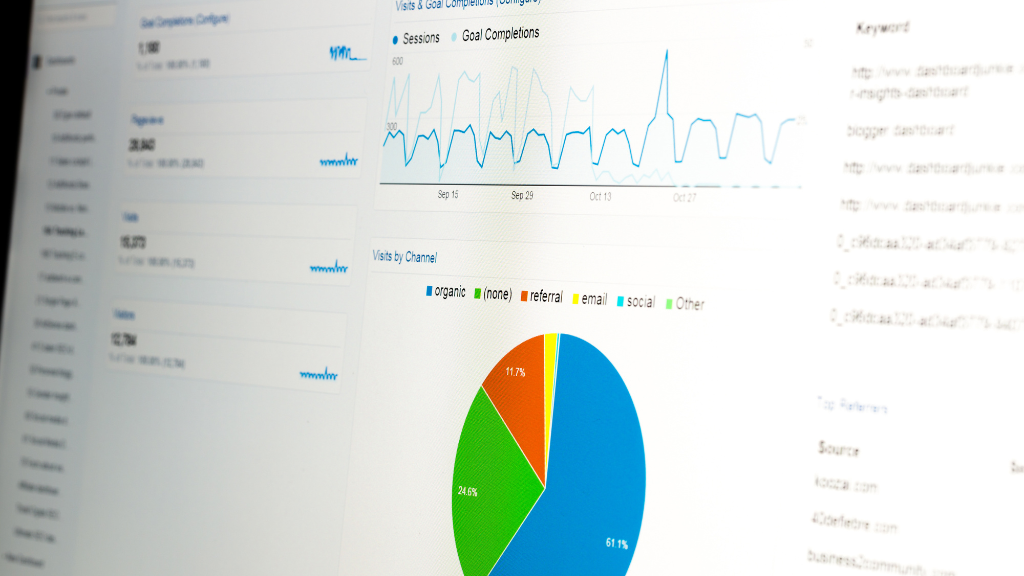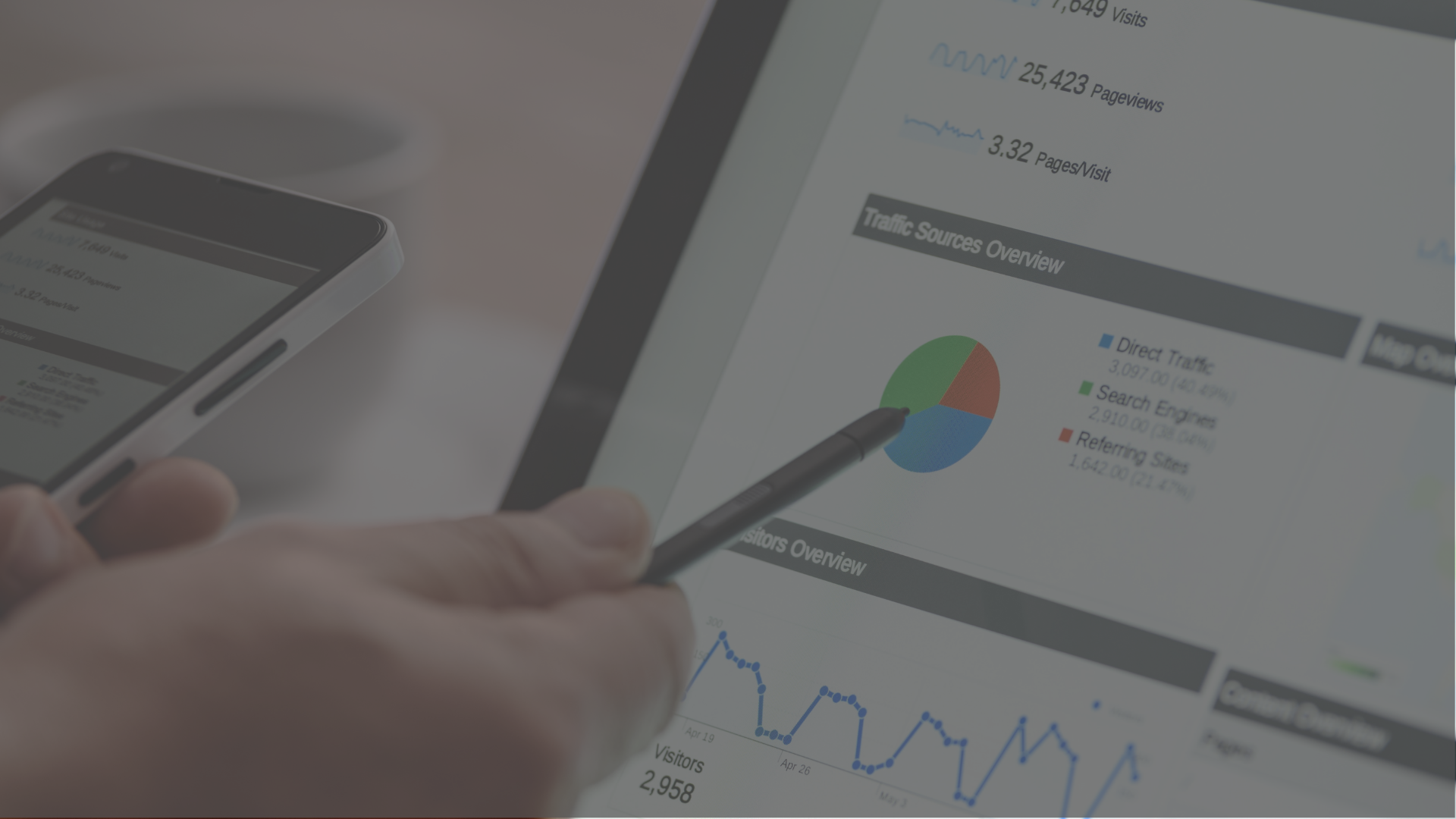Key Differences about Universal Analytics and Google Analytics 4
As you may have known, Google Analytics (usually called Universal Analytics) will no longer be used and be replaced by Google Analytics 4 by July...
2 min read
Markezing Team : Jul 3, 2023 10:00:00 AM

Google Analytics has been an essential tool for website owners and digital marketers for years. Now, Google Analytics 4 (GA4) is set to replace the old Universal Analytics as the new standard from July 1, 2023. With this transition, there’s a lot to be excited about. One of the most significant changes in GA4 is its Event-Based Data Model. This can revolutionize the way you analyze your website’s data.
GA4 adopts an event-based data model, which is a departure from the more session-based model of Universal Analytics. This means that all interactions on your website, from page views to button clicks, are captured as events. This new approach allows for a more granular and flexible way of data collection and analysis.
One of the powerful features of GA4's event-based data model is the ability to track custom events. You can set up your own events based on user interactions that are specific to your website. This allows for more tailored data analysis and insights that are relevant to your business.
For example, if you run an e-commerce website, you can track custom events such as:
In Universal Analytics, tracking such custom events required more complex configurations. However, GA4 makes it easier to track these events.
The event-based data model allows for more detailed insights into how users are interacting with your website. By tracking all interactions as events, you can understand not just what pages are being viewed, but also how users are engaging with those pages.
GA4’s event-based data model is highly flexible. You can track a wide range of events, from standard events like page views to custom events that are unique to your website.
With the event-based data model, GA4 offers improved reporting options. You can create custom reports based on the events that are most relevant to your business.
GA4 is particularly beneficial for e-commerce websites due to its ease in tracking custom events and user interactions. Here's how:
GA4 comes with Enhanced Measurement, which automatically tracks certain events without the need for additional configurations. For e-commerce, this includes tracking events like page views, scrolls, video plays, and file downloads.
In GA4, you can easily set up custom events tailored to your e-commerce business. For example, tracking when a product is added to the wishlist, or when a coupon code is applied. This is done through the GA4 interface, where you can define the event name and parameters without the need for additional coding.
GA4 allows you to track an unlimited number of event parameters. This means you can track detailed information about the events, such as the product name, category, price, quantity, etc.
GA4 has built-in support for e-commerce specific events such as add_to_cart, begin_checkout, purchase, and more. This makes it easier to track critical e-commerce interactions without having to create custom events.
To understand more about the key differences between Universal Analytics and Google Analytics 4, you can read our blog here: Key Differences about Universal Analytics and Google Analytics 4
If you want to have your website diagnosed, you can try out our FREE website grader or book a FREE consultancy meeting with us to discuss your conversion strategy and website analytics concerns.

As you may have known, Google Analytics (usually called Universal Analytics) will no longer be used and be replaced by Google Analytics 4 by July...

In today's competitive digital landscape, your website serves as the virtual storefront of your business. Gone are the days when a static online...

A strong online presence is crucial for businesses of all sizes. Your website is often the first point of contact between your brand and potential...